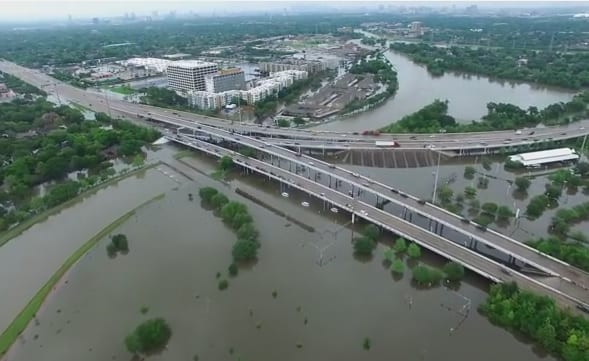
The Texas Progressive Alliance is gathered here today to get through this thing called mourning the loss of Prince as it brings you this week's roundup.
Off the Kuff looks at
the different reactions to Houston repealing HERO and North Carolina passing its harsh anti-equality law.
Libby Shaw contributing to
Daily Kos insists that …
Continue Reading ›› 
For many residents of Greater Houston, especially those still caught in the throes of disaster, the April 18th are likely still a very sensitive subject. Across wide swaths of the region, residents are enduring the terrible headaches of ripping up flooring, towing cars, trashing molded furniture, rewiring electrical systems and waiting for insurance companies to …
Continue Reading ›› 
It's an old but often true saying that "everything's bigger in Texas". But if that's the case, shouldn't the shame felt by two-faced Republican leaders be out-sized as well?
For the latest example, let's take the foolish games that the Texas Governor and Republican-dominated Legislature continue to play around Medicaid Expansion. For 5 years now, Texas …
Continue Reading ››
A Voice for the Rest of Texas


